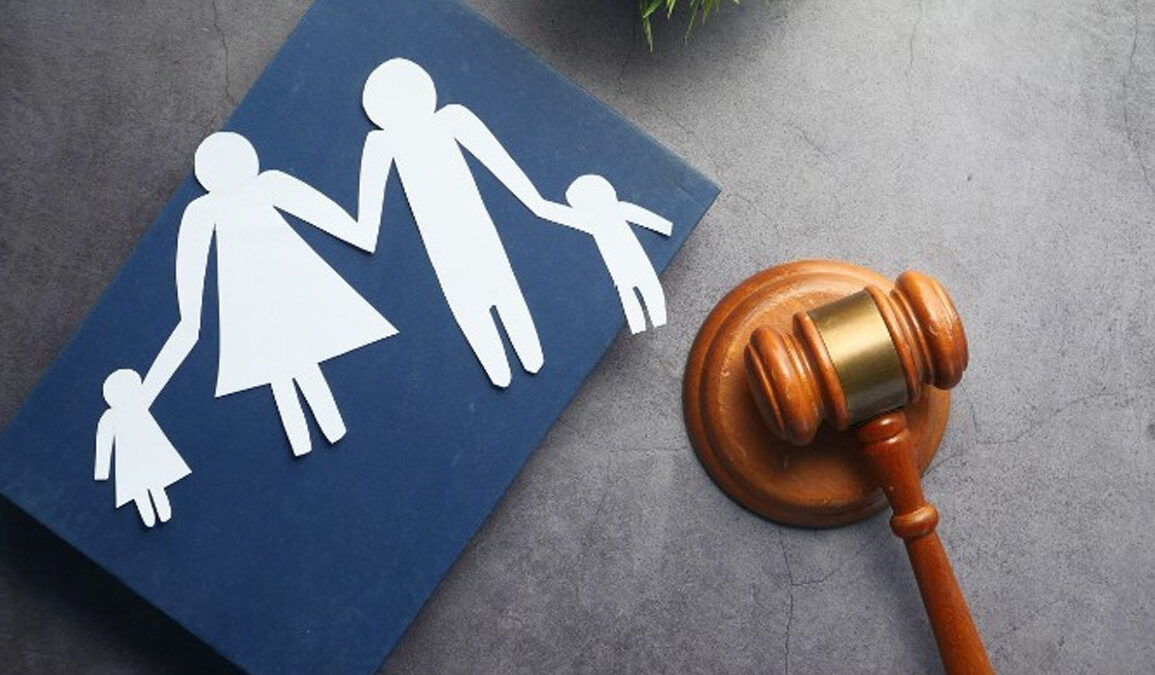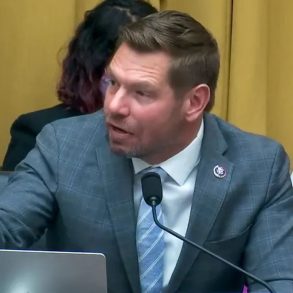The issue of parental rights has exploded into national prominence. As more parents express concern about what their children are learning in public schools, especially regarding gender, sexuality, and race, many are finding new support from courts, legislators, and the Trump administration. This growing movement claims it is working to restore the proper balance of power between families and the state. Critics, however, say the push for parental rights is being used to justify religious influence in public education and to marginalize vulnerable students.
The renewed attention to parental rights is evident in several high-profile Supreme Court cases and in legislative efforts across the country. Conservatives say their goal is simple: to give parents control over what their children are taught and to create more educational options for families. Liberals and progressives warn that this movement could weaken public schools and put civil rights protections at risk.
What Conservatives Believe Parental Rights Should Mean
Conservatives often describe parental rights as a natural extension of a parent’s responsibility to raise and educate their children according to their own values. They argue that schools are now pushing ideologies that conflict with the beliefs of many families, especially when it comes to issues of gender identity and sexuality.
A major example is the case Mahmoud v. Taylor, now before the U.S. Supreme Court. It centers on parents in Montgomery County, Maryland, who objected to the use of “Pride Storybooks” in their children’s classrooms. These books, used from pre-K through eighth grade, introduced young children to topics such as gender transitioning and sexual identity. One of the books, Born Ready: The True Story of a Boy Named Penelope, encourages young children to change their gender. Another, Pride Puppy, invites students to find images of pride parade staples such as drag queens and leather outfits.

Many parents from religious backgrounds, including Catholics, Muslims, and Eastern Orthodox Christians, objected to this content. They asked the school board to allow them to opt their children out of these lessons. When the school board refused, the parents filed suit, arguing that their religious rights were being violated.
The Fourth Circuit Court of Appeals ruled against the parents, stating there was no coercion and therefore no violation of religious freedom. But the parents did not give up. They appealed to the Supreme Court, which agreed to hear their case. As Andrea Picciotti-Bayer explained in her commentary, “These parents are asking simply for the right to protect their children from these far-left storybooks.”
Picciotti-Bayer also pointed to a history of favorable rulings from the Supreme Court on parental rights, such as the 2020 decision that struck down Montana’s rule barring religious schools from receiving scholarship funds. Chief Justice John Roberts wrote in that case, “The rights of parents to direct the religious upbringing of their children” are part of an “enduring American tradition.” Justice Samuel Alito added that “many parents of many different faiths still believe that their local school inculcates a worldview that is antithetical to what they teach at home.”
For conservatives, this Supreme Court appears to be a powerful ally. The Trump administration has also voiced strong support for the parents in the Maryland case, requesting time to speak during oral arguments.
Another case under review involves St. Isidore of Seville Catholic Virtual School in Oklahoma. The Archdiocese of Oklahoma City and the Diocese of Tulsa sought to open the school as a publicly funded charter school. Though the Oklahoma Statewide Virtual Charter School Board approved the application, the state attorney general, Gentner Drummond, challenged it. The Oklahoma Supreme Court then ruled the religious school was unconstitutional, arguing that it violated state and federal law.
The charter school appealed to the U.S. Supreme Court. Supporters say the case is about fairness. As Chief Justice Roberts wrote in another case involving school choice in Maine, “The State pays tuition for certain students at private schools—so long as the schools are not religious. This is discrimination against religion.”
Advocates for school choice argue that public charter schools like St. Isidore offer essential alternatives for parents who cannot afford private school or homeschool their children. Public schools in Oklahoma, especially in rural and low-income areas, are often underperforming. As Kate Anderson explained in an opinion piece, “The goal is to provide more options for parents, no matter their finances or circumstances, so families can find the right fit for their children’s educational needs.”
Rep. Julia Letlow of Louisiana emphasized the importance of parental involvement in public education. “Parents should always be in charge of their child’s education,” she said. “This sounds like common sense, but it continues to be disregarded by leaders who are more interested in pursuing political agendas than educating children.” Letlow introduced a Parents Bill of Rights in Congress, which passed in the House in 2023, but stalled in the Senate.
Letlow also highlighted the hostility that some school boards have shown toward concerned parents. During the Maryland case, the school board’s attorneys accused the parents of aligning with “racist xenophobes and white supremacists.” Even liberal Justice Elena Kagan commented during the hearings, “I suspect there are a lot of non-religious parents who weren’t all that thrilled about this.”
A Washington Post editorial also supported the parents, stating that “forcing children to read books that contravene their family’s faith suppresses diversity in the name of saving it.”
The Liberal Perspective on Public Education and Inclusion
Progressives and liberal educators argue that public schools must be inclusive environments that support all students, including LGBTQ youth. They believe that teaching about different identities promotes empathy, understanding, and equality. To them, allowing parents to veto parts of the curriculum could open the door to censorship and discrimination.
Some see the parental rights movement as a veiled effort to reintroduce religion into public schools and limit civil rights. They also argue that it undermines professional educators and creates a fragmented system where curriculum varies wildly depending on which parents object to what content.
In the Maryland case, school officials claimed that the “Pride Storybooks” were meant to reflect diversity and prepare students to be tolerant members of society. They warned that allowing widespread opt-outs could create logistical problems and could exclude vulnerable groups from being acknowledged in the classroom.
In an article by Melissa Moschella, she argued that parents’ rights go beyond religion. She pointed to her secular father, a Democrat, who was shocked by books telling children that doctors only “guess” a baby’s sex at birth. She wrote that “the Constitution protects the rights of all parents, not only religious ones,” and called on the court to reinforce the broader right of parents to direct their children’s education.
She referenced the 1925 case Pierce v. Society of Sisters, where the Supreme Court unanimously ruled that parents have a constitutional right to direct their children’s education and cannot be forced to send them to public school. Moschella warned that more recent rulings, such as Fields v. Palmdale, have wrongly narrowed this right, stating that parents’ control ends at the “threshold of the school door.” She argued the court must correct this mistake.
A Nation Divided, But Searching for Solutions
While the battle lines are clear, there may be more agreement than some believe. Many parents—whether liberal, conservative, religious, or secular—want greater transparency in what schools teach. They want their children to be prepared for the world, not shaped by a particular political ideology.
With less than 20 percent of Americans saying K–12 education is going in the right direction, public confidence in the school system is eroding. The push for alternatives has grown stronger. Homeschooling doubled during the pandemic, and private school enrollment has increased. Seventeen states now offer education savings accounts to help parents afford alternatives.
Lance Izumi, in an article for The Sacramento Bee, noted that California spends billions more on public education than ever before, yet student performance has declined. “Only 27% of California eighth graders were able to correctly answer a problem that required them to determine that the halfway point between 0.8 and 1.4 is 1.1,” he reported.
The debate over parental rights will not be settled by a single court decision or piece of legislation. But it is clear that more families are demanding a say in how their children are educated—and that under Trump’s leadership, the fight for those rights has been given new life.








